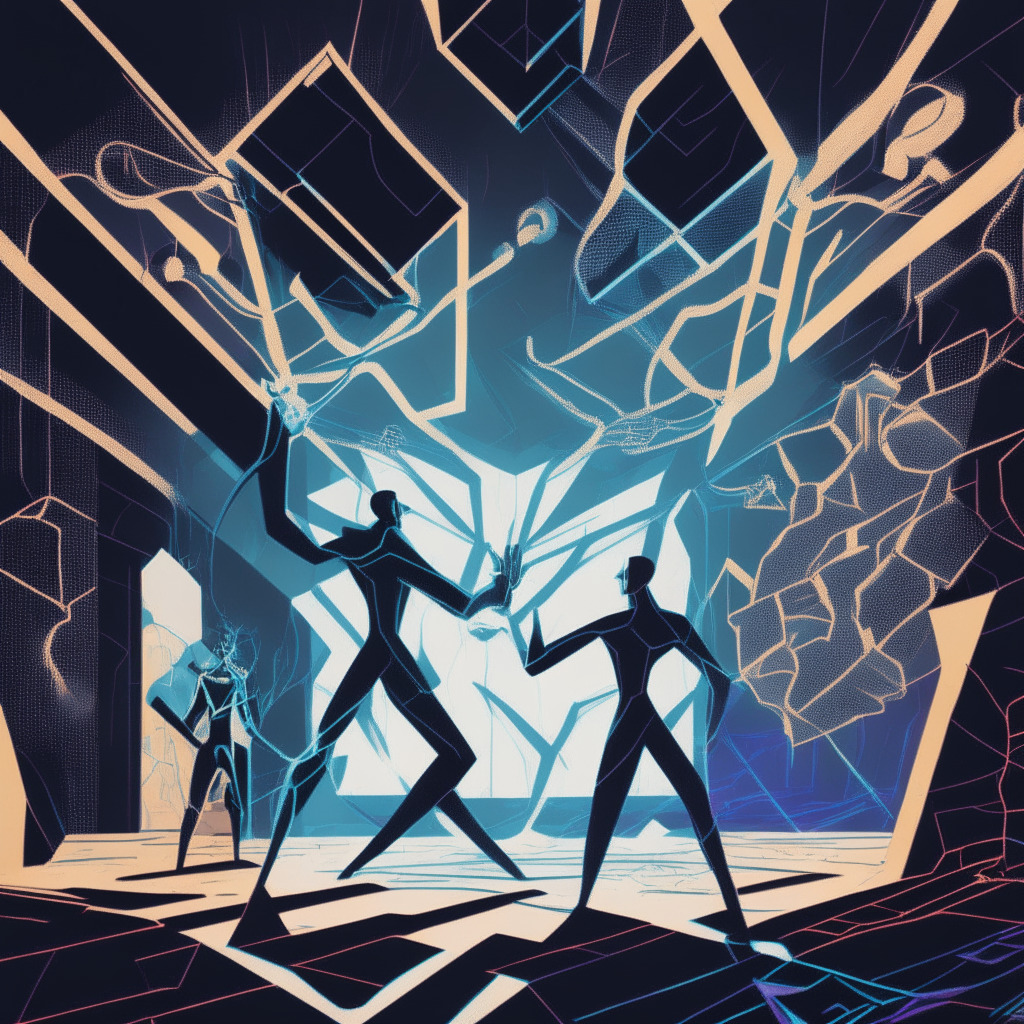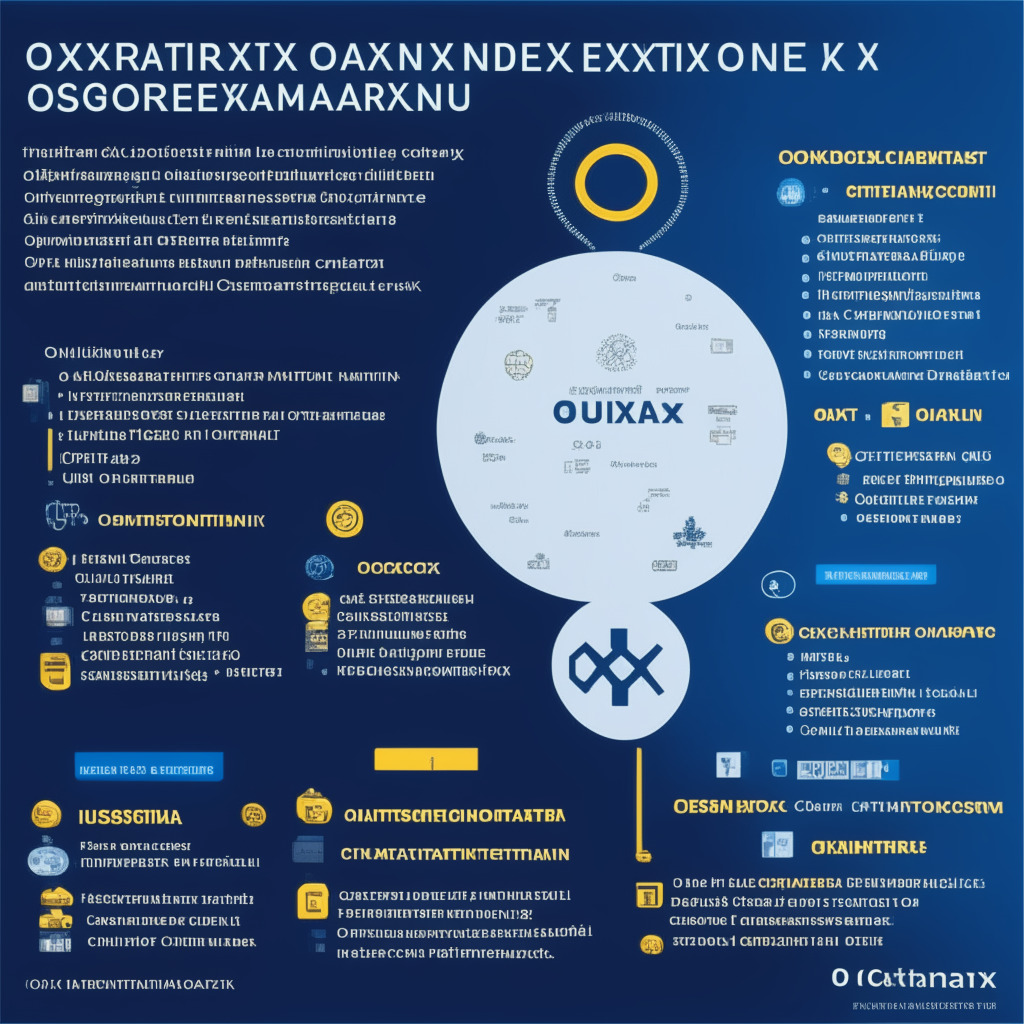Vitalik Buterin, one of Ethereum’s co-founders, recently entered an engaging intellectual exchange on Bitcoin’s upcoming prospects, stirring excitement and controversy in both crypto communities.
Buterin’s interaction was with Eric Wall and Udi Wertheimer, noted Bitcoin enthusiasts and figureheads of the Bitcoin Ordinals project, Taproot Wizards. New developments such as Bitcoin Ordinals and the BRC-20 token standard, according to Buterin, are reviving the “builder culture” while offering an alternative to the staid politics that surround the Bitcoin ecosystem.
Discussions on scalability were at the heart of this conversation. The Bitcoin Lightning Network, as per Wall, falls short for future scalability and often encounters difficulties when processing medium-sized payments. Buterin suggested a multi-pronged approach, urging developers to concentrate on executing various layer-2 solutions and implementing measures to improve efficiency on the Bitcoin base layer.
Agreeing with Buterin, Wertheimer proposed the introduction of zero-knowledge rollups – a technology that could create a highly positive impact on the Bitcoin network. According to him, “If we adopted rollups for Bitcoin, we get an execution environment too, and we can add smart contracts.”
This viewpoint, unsurprisingly, received a mixed reception. Bitcoin fundamentalists, such as Jan3 CEO, Samson Mow, have criticized these expansion efforts, asserting that Smart Contracts and NFTs blur the lines of Bitcoin’s core functionality as a peer-to-peer cash system.
Reacting against these criticisms, Wall presented a different stance. He suggested that Bitcoin could serve as a proof system for zero-knowledge proofs, hence, keeping network congestion at bay. Wall made another notable point – the adaptability of second layers, explaining, “we Bitcoiners always wanted to do DeFi adjacent things… Bitcoin base layer can act as sort of a Judge or an arbiter…and not have to run the computation on-chain.” Highlighting that second layers are not only for payments but can also serve other diverse purposes.
This intense debate led to some tension within the Bitcoin community. Wertheimer did not hesitate to call out Adam Back, Blockstream CEO, and Samson Mow for opposing the discussion with Buterin – arguing that their dismissal of potential learnings from Ethereum was ill-advised.
In a rapidly evolving industry, these animated exchanges, while divisive, highlight the importance of a dynamic approach to crypto development – an attitude that can help nourish and shape the technology’s future.
Source: Cryptonews




